We Now Know Why Food Tastes Horrible In Space
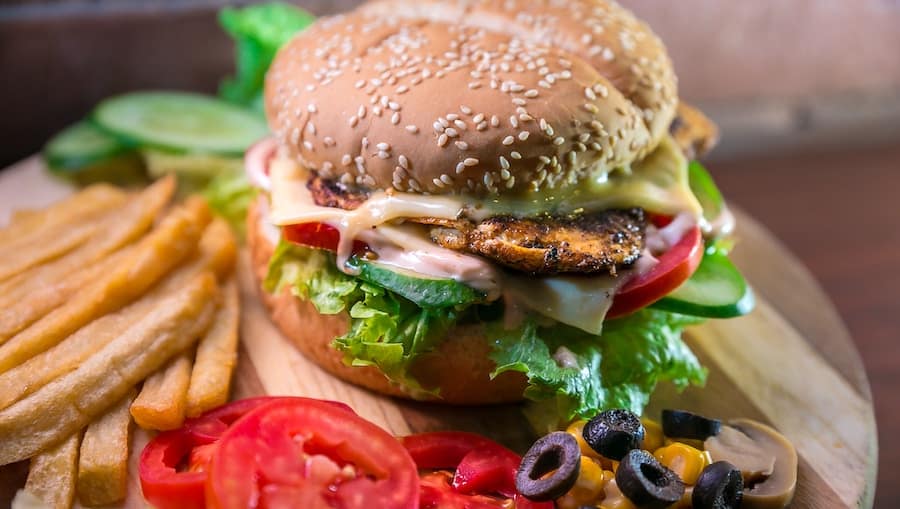
For anyone who has ever read astronaut or cosmonaut accounts on what life is like on board a shuttle or inside the International Space Station, it’s no surprise that these cramped spaces don’t yield the best living conditions. The initial joys of weightlessness are quickly overshadowed by awkward and laborious bathroom procedures and shifts within the human body that are both uncomfortable and unsightly. These daring explorers have also spoken candidly about how space food can leave a bad taste, a mystery that food scientists in Australia maintain stems from how the brain perceives smells in certain conditions.
Gravity And The Human Body
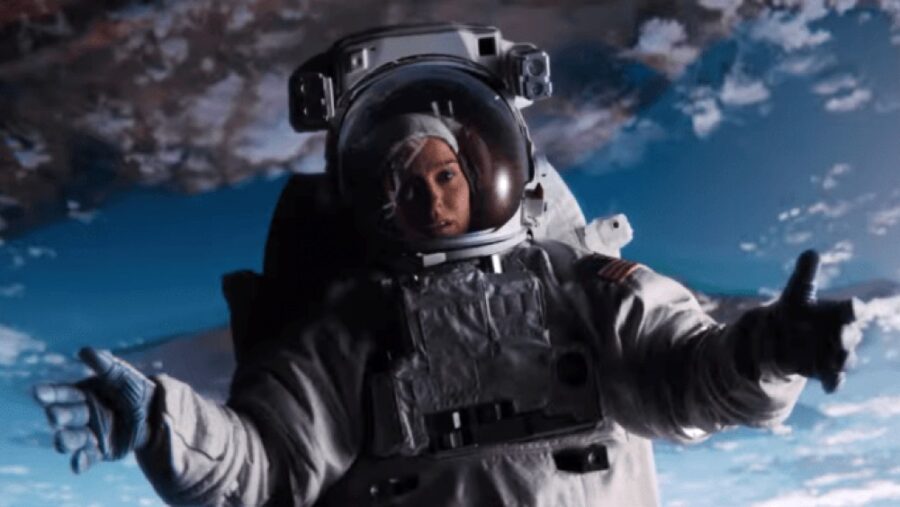
RMIT University food scientist Grace Loke and her team of researchers have postulated in a recent paper that a person’s mental state, not necessarily the impact of weightlessness on the body, is the culprit. The team’s paper maintains that a human’s immediate surroundings and frame of mind alter how the brain perceives aromas. Smelling is a significant part of finding a food or drink palatable, and changing how the brain processes smells can certainly change how food, even space food, tastes.
Simulating The Space Station
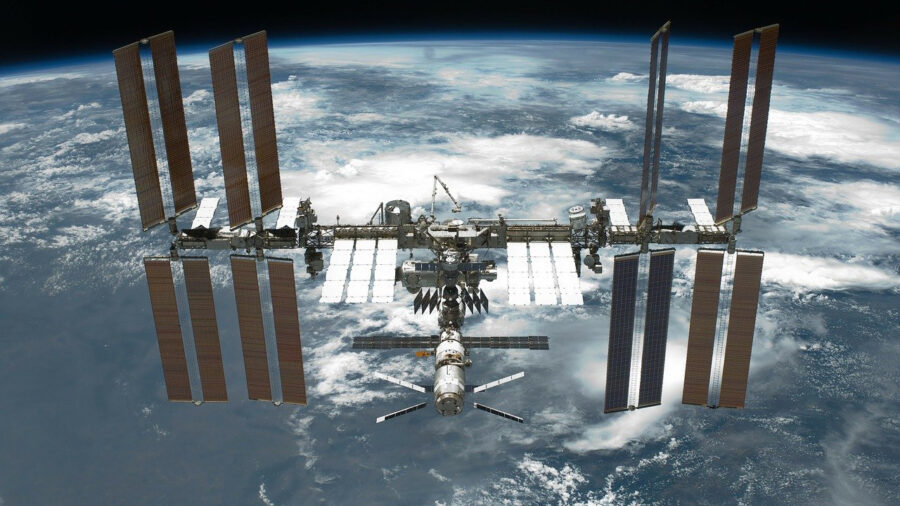
Loke and the others developed this hypothesis without the expensive and dangerous trip to space. The researchers created a virtual reality environment specifically meant to mimic life in space. The simulation made it appear that the subject was living in close quarters in space, complete with tight confinement, imitations of the background noises reported by inhabitants aboard the International Space Station (ISS), and “mounted space apparatus” that floated in the zero-gravity area.
Experimenting With Odors
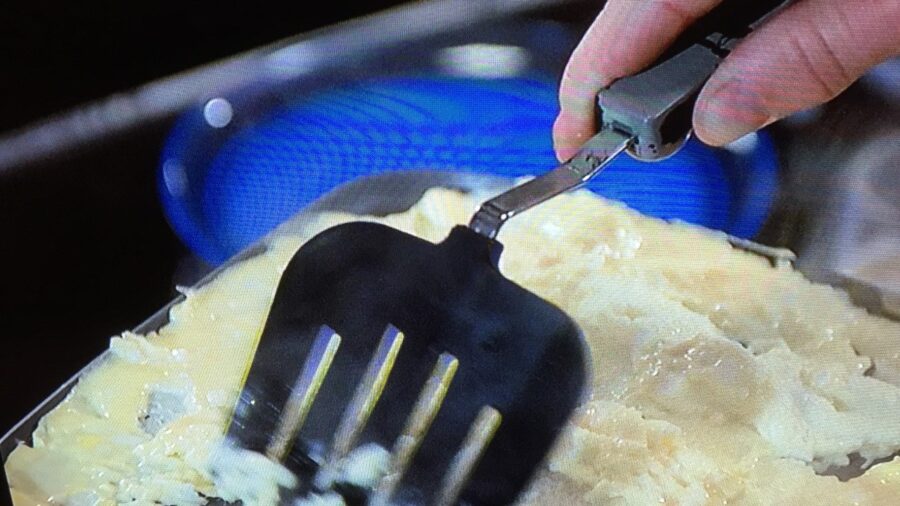
To further understand why space food tastes bad, Loke had her subjects sample three different odors. The lemon, vanilla, and almond scents were tested by the volunteers in a normal environment and then inside the virtual reality environment. The participants were instructed to rate each scent on an intensity scale from 1 to 5 under both conditions.
Loke’s paper revealed that lemon scents were rated the same in both environments. However, almond and vanilla were remarkably more intense during the simulation. Loke and the other researchers surmise that this is due to the presence of an aromatic compound called benzaldehyde being found in these two foods. With that in mind, what does this discovery have to do with space food?
The Importance Of Smell
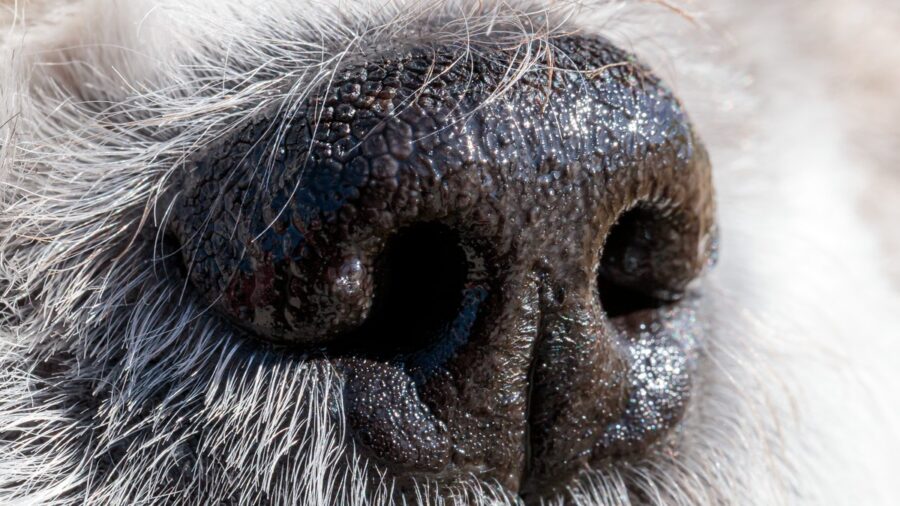
While Loke admits that this experiment doesn’t answer why space food tastes bad, it gives credence to the theory that “perception of odor is contextual.” This is an important component, as it could explain why a space traveler will still tell of how their food tastes bad even after their bodies get used to weightlessness and after their bodily fluids have stabilized.
Applies Here On Earth
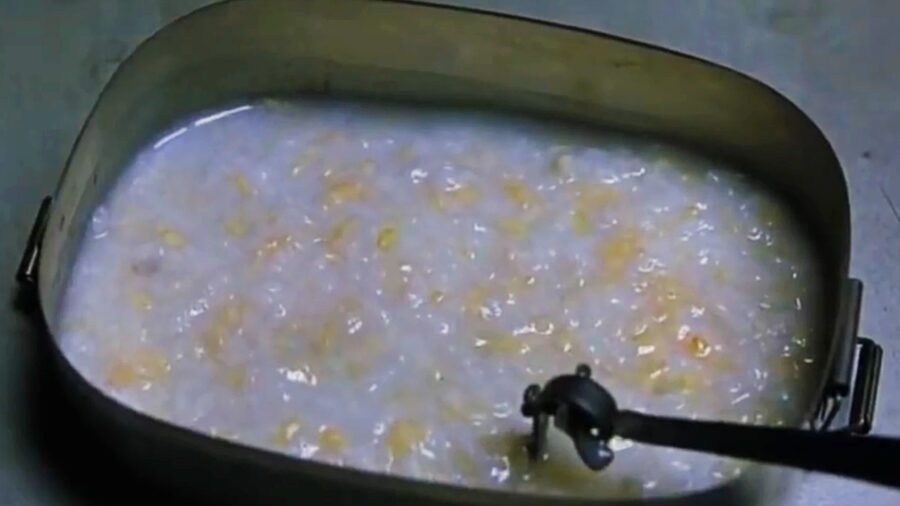
This hypothesis could lead to foods being created that are without certain volatile compounds, which could lead to the brain’s conceptual perceptions of an environment altering its taste. This could come in handy not only in space but also in places on Earth, like nursing homes and hospitals, where a socially isolated person might be perceiving their food’s taste in a way that’s different from its qualities under normal circumstances.













